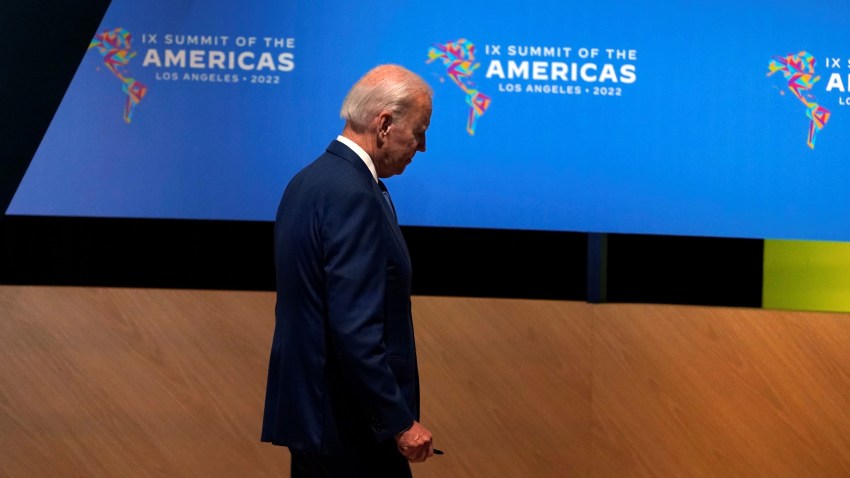In a recent speech in Washington, U.S. national security adviser Jake Sullivan laid out the Biden administration’s policy approach to the Middle East. That strategy has come under criticism, including questions about whether the U.S. should maintain its military—and even political—engagement with the region. Similarly, the administration released a strategy document in February 2022 outlining its priorities for the Indo-Pacific. But there remains much debate in Washington over U.S. policy in the region, particularly how it should balance interests in Europe with emerging threats from China. Even the crisis unfolding in Sudan has renewed discussions about the role the U.S. should play in Africa.
But a key region seems to be flying under the radar: Latin America. What is U.S. policy toward its own neighborhood? Does the U.S. even have a policy toward the region?
At best, one could say that U.S. policy toward Latin America is a piecemeal and inconsistent amalgam of sporadic attempts at engagement. A case in point is last year’s failed Summit of the Americas, when a number of key regional leaders declined to even attend after Washington excluded Cuba, Venezuela and Nicaragua from the gathering. The lack of coherence is unfortunate. We can debate U.S. engagement in Asia, Europe and the Middle East ad nauseum, and often do. But all of that takes a back seat to the importance of U.S. engagement to solidify relations with its neighbors.

